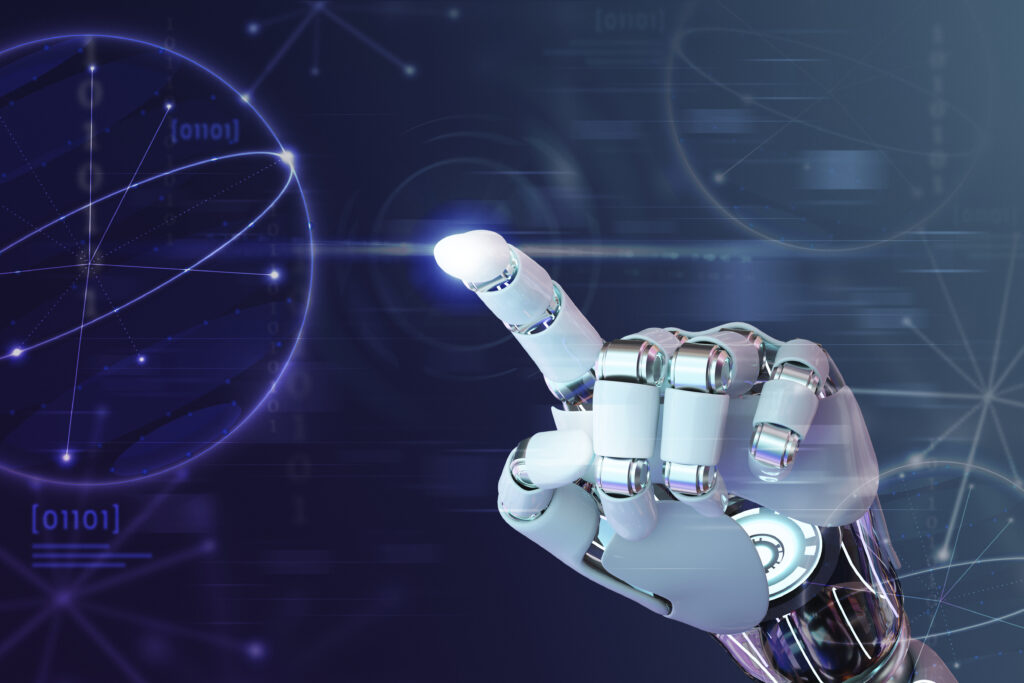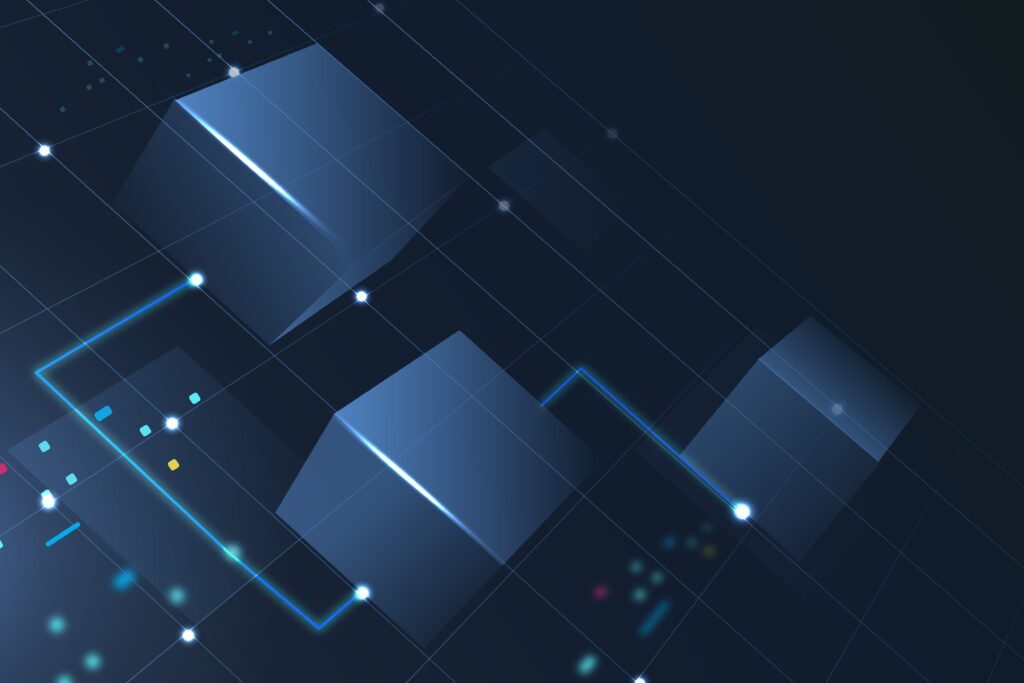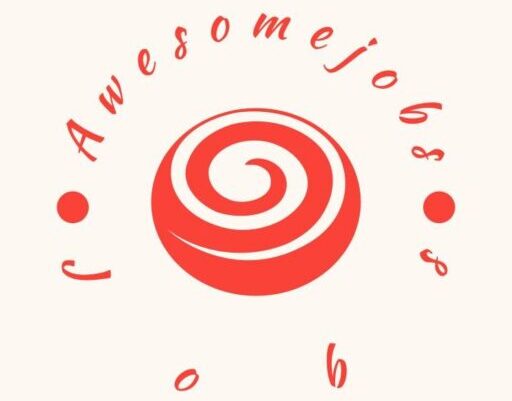
What is Blockchain technology:
Blockchain technology has revolutionized the way we view secure transaction systems. It not only provides for a secure way to make transactions, but also can bring transparency and trust to a system that may have otherwise lacked it. It’s easy to see why blockchain technology is getting so much hype. As a result, blockchain developers are in very high demand, with the potential of a very lucrative salary.
Who is a blockchain developer:

A blockchain developer is an IT professional who specializes in developing & implementing distributed ledger systems (DLT). They create blockchain solutions, develop decentralized applications, maintain distributed databases, and work on a blockchain’s underlying framework. They use programming languages such as C#, Java, Go, Solidity, JavaScript, HTML and CSS. Experience with decentralized technologies such as cryptocurrencies is also beneficial.
A blockchain developer’s job duties include developing, testing, and maintaining distributed ledger systems; designing and developing decentralized applications (dApps); integrating distributed ledgers and including APIs (Application Programming Interface) into existing applications; ensuring the secure and proper functioning of the system; tracking and correcting errors; answering customer inquiries and providing customer support; and providing suggestions for improvement.
Being successful in this particular profession requires a comprehensive knowledge of cryptography, blockchain protocols, data structures and consensus mechanisms, smart contracts, and distributed system architecture. Individuals must possess a wide range of skills including sound knowledge of algorithms, problem solving and debugging, and software engineering best practices. The ability to think outside the box and explore new solutions is also essential for success.
A blockchain developer’s salary around the globe:

A blockchain developer’s salary varies considerably depending on their location, experience, and job role. According to Indeed, the average annual salary for a blockchain developer is $114,908. Salaries around the world range from $50,000-$150,000 USD.
A blockchain developer is an increasingly important figure in the tech industry. As the technology continues to grow, so does the demand for developers. With that in mind, let’s take a closer look at what kind of salaries blockchain developers can expect around the globe.
The first factor that can influence a blockchain developer’s salary is the country and region in which they work. According to reports, blockchain developers in the United States and Canada, especially Silicon Valley, tend to be the most in demand and receive the highest salaries. With a median salary of $146,000 annually, USA blockchain developers earn much more than the global average. Moving away from North America, European countries such as the UK, Germany, and Switzerland also have significant demand for blockchain developers and offer attractive salaries. For example, Blockchain developers in the UK can expect to earn an average of £63,000 per year.
The second major factor that has an effect on a blockchain developer’s salary is experience. A more experienced blockchain developer is likely to receive more responsibilities and better compensation than their peers. It is also important to note that the amount of experience a developer has and their technical abilities may be a determining factor in their salary. For example, blockchain developers with more specialized skills such as Hyperledger Fabric and Corda often make more than those that specialize in more traditional languages such as JavaScript and C++.
In addition to experience and skills, the company and project for which a blockchain developer is contracted for can also have a major effect on the amount of their pay. Companies hiring blockchain developers for enterprise-level projects or those working with larger budgets tend to be able to pay higher salaries. Other factors such as the size of the team and the amount of time needed to complete the project are also factors influencing the salary a blockchain developer can negotiate.
What Skills are required to become blockchain developer:

A blockchain developer, also referred to as a distributed ledger technologist, is a rapidly evolving technical profession currently in high demand. In response to the growing demand from employers, the job market for these professionals is growing quickly. So what skills do you need to become a blockchain developer?
First and foremost, a blockchain developer should have a solid understanding of computer programming, especially object-oriented programming languages such as Java, C++, and Python. A blockchain developer should also be familiar with distributed ledger technology, such as Ethereum and Hyperledger, and be able to develop smart contracts on these platforms. Additionally, they should understand cryptography, consensus mechanisms such as PoW or PoS, and distributed application architecture, so they can develop secure and scalable blockchains.
To help with their development tasks, a blockchain developer should have a strong foundation in data structures and algorithms, be familiar with infrastructure and network protocols, and understand cryptographic hashing and digital signatures. Additionally, they should have an understanding of software security principles, such as public-key encryption, secure data storage, and authentication.
Given that blockchain technology is in its infancy, blockchain developers should also stay on top of the latest trends and updates in the industry. This can involve reading up on new developments, attending conferences and lectures, and participating in online communities dedicated to blockchain and distributed ledger technology.
Finally, the best blockchain developers are passionate and committed to the industry. The blockchain community is an incredibly vibrant and engaged community, so having a love for the technology is essential. Blockchain developers should stay up-to-date on the latest developments within the industry and be ready to embrace upcoming opportunities as they arise.
